HS-LS2-4
Use a mathematical representation to support claims for the cycling of matter and flow of energy among organisms in an ecosystem.
-
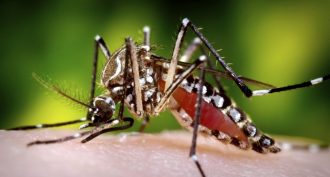 Animals
AnimalsWhat’s the buzz? A new mosquito lure
Broadcasting a fake buzz can lure male Aedes aegypti mosquitoes away from females. That could reduce populations of these annoying — and disease-causing — insects, reports a teen at the 2015 Intel ISEF competition.
By Sid Perkins -
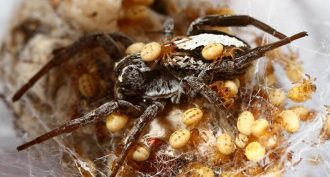 Animals
AnimalsWhat’s for dinner? Mom.
Female spiders of one species make the ultimate sacrifice when raising their young: The mothers feed themselves to their children.
By Susan Milius -
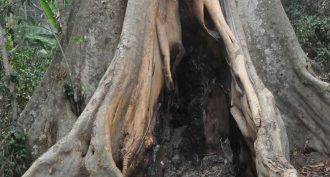 Microbes
MicrobesOngoing Ebola outbreak traced to hollow tree
Scientists suspect the current Ebola outbreak started with bats that lived in a hollow tree in Guinea. The outbreak's first victim, a two-year-old boy, often played in the tree.
-
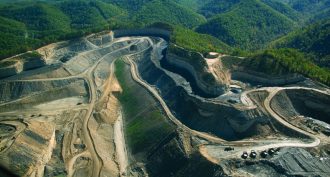 Earth
EarthHow people have been shaping the Earth
We are the dominant force of change on Earth. Some experts propose naming our current time period the ‘Anthropocene’ to reflect our impact.
-
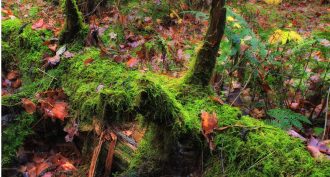 Microbes
MicrobesRecycling the dead
When things die, nature breaks them down through a process we know as rot. Without it, none of us would be here. Now, scientists are trying to better understand it so that they can use rot — preserving its role in feeding all living things.
-
 Environment
EnvironmentNative ‘snot’
The ‘rock snot’ choking rivers may be native algae. Experts blame its sudden and dramatic emergence on changes in Earth’s atmosphere, soils and climate.
-
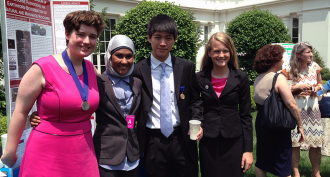
Science stars are on display at the White House
One hundred students from 30 states participated in the fourth annual White House Science Fair in Washington, D.C.
-
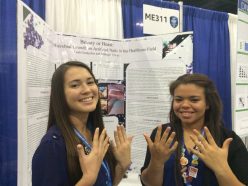 Health & Medicine
Health & MedicineBeautiful nails may harbor germs
Two students wondered why they weren’t allowed to wear fake nails as nursing assistants. They decided to use science to probe why. What they found sent them to the Intel International Science and Engineering Fair.
-
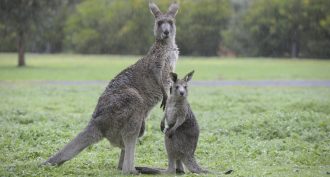 Animals
AnimalsKangaroos have ‘green’ farts
The farts and belches of these animals contain less methane than do those from other big grass grazers. Microbes in their digestive tract appear to explain the ‘roos lower production of this greenhouse gas, a new study finds.
-
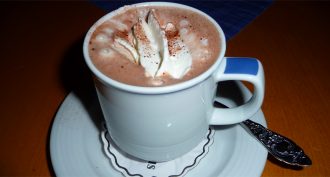 Health & Medicine
Health & MedicineSome of chocolate’s health benefits may trace to ‘bugs’
Dark chocolate offers people a number of health benefits. A new study finds that the breakdown of chocolate by microbes in the human gut be behind some benefits.
-
 Earth
EarthIntel STS finalist brings earthworms to the big time
Earthworms and charcoal help plants resist infections, according to research by Anne Merrill, a finalist in the 2014 Intel Science Talent Search.
-
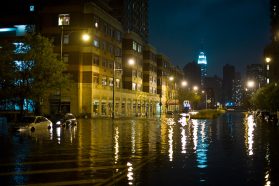 Climate
ClimateWatching our seas rise
Satellites, coral reefs, ancient Roman fishponds and sinking cities help us understand how humans are changing sea level.
By Douglas Fox